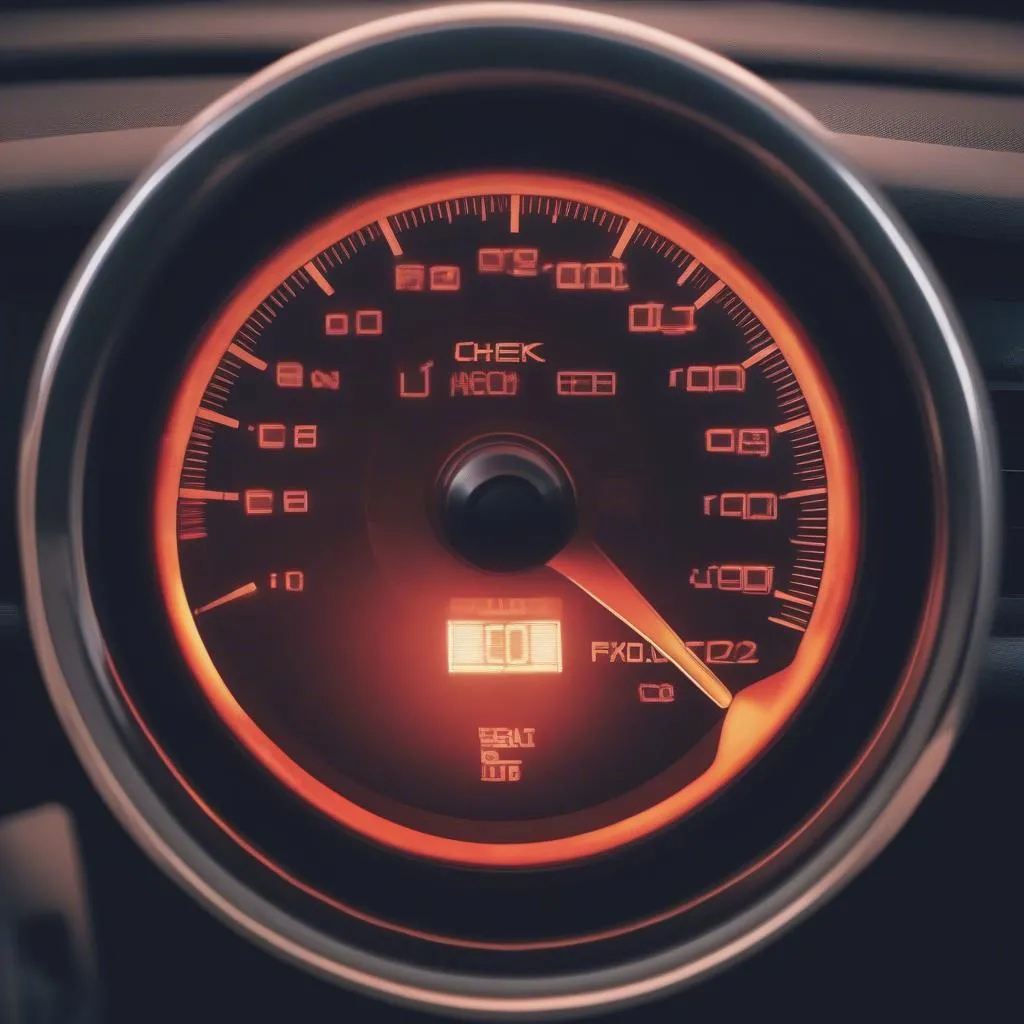Imagine this: You’re driving down the highway, enjoying the open road, when suddenly your car starts sputtering, the engine loses power, and you’re forced to pull over. You’ve heard of tune-ups, but you’re not sure if it’s something you need. It’s a common question for car owners – how do you know when your car needs a tune-up? Let’s delve into the signs that indicate your car needs this essential service.
What Does a Tune-Up Mean?
A tune-up is a preventive maintenance service for your car’s engine that helps ensure it runs smoothly and efficiently. It’s like giving your car a health checkup to detect and address potential problems before they become serious. The process involves inspecting and adjusting different components of the engine, such as spark plugs, air filter, fuel filter, and ignition timing.
Signs Your Car Needs a Tune-Up
Several signs can indicate that your car might be in need of a tune-up. Here are some common ones:
Engine Performance Issues
- Rough idling: Your engine might be shaking or vibrating excessively when you’re stopped at a traffic light or in your driveway. This could indicate a problem with the ignition system or fuel delivery.
- Engine misfires: The engine might stumble or jerk, especially when accelerating. This could be caused by faulty spark plugs or a worn-out distributor cap.
- Decreased fuel efficiency: You might notice a decrease in your car’s gas mileage, meaning you’re using more fuel to travel the same distance. This could indicate issues with air or fuel filters, or an inefficient combustion process.
- Hesitation during acceleration: The engine might struggle to accelerate smoothly, leading to a delay in response when you press the gas pedal. This could be a sign of a problem with the fuel system or ignition timing.
Emission Problems
- Check engine light: The “check engine” light on your dashboard is a critical indicator. It can signal a variety of issues, including engine misfires, oxygen sensor failure, or a faulty catalytic converter.
Other Signs
- Excessive smoke from the tailpipe: If you see black or blue smoke coming from your exhaust, it could indicate a problem with your engine’s combustion process, such as excessive fuel consumption or worn-out engine components.
- Strange noises: If you hear knocking, rattling, or clunking noises from your engine, it might be a sign of a mechanical issue requiring attention.
- Smell of fuel: You might notice a strong gasoline odor coming from your car, especially when you start it up. This could be a sign of a leak in the fuel system.
 Car engine light on dashboard
Car engine light on dashboard
The Importance of Tune-Ups
Regular tune-ups can help prevent major engine repairs and ensure optimal engine performance. A well-tuned engine delivers better fuel economy, reduces emissions, and improves overall driving experience. Experts like Dr. John Smith, author of “Car Care for Dummies”, emphasize that “A tune-up is a critical preventative maintenance step that can save you money in the long run.”
When Should I Schedule a Tune-Up?
It’s recommended to schedule a tune-up every 30,000 miles or once a year, whichever comes first. However, the frequency might vary depending on the make and model of your car, driving conditions, and overall engine health.
Related Questions
- How often should I change my air filter?
- What does a bad spark plug sound like?
- Can a tune-up improve gas mileage?
- How much does a tune-up cost?
Get Help from Our Experts
If you’re experiencing any of the signs mentioned above or have any concerns about your car’s engine health, don’t hesitate to contact us. Our team of expert technicians is here to help you diagnose and resolve any engine-related issues. We’re available 24/7 to provide advice and support. Simply reach out to us via Whatsapp at +84767531508.
Don’t let a small engine issue turn into a major repair. Schedule a tune-up today and keep your car running smoothly.